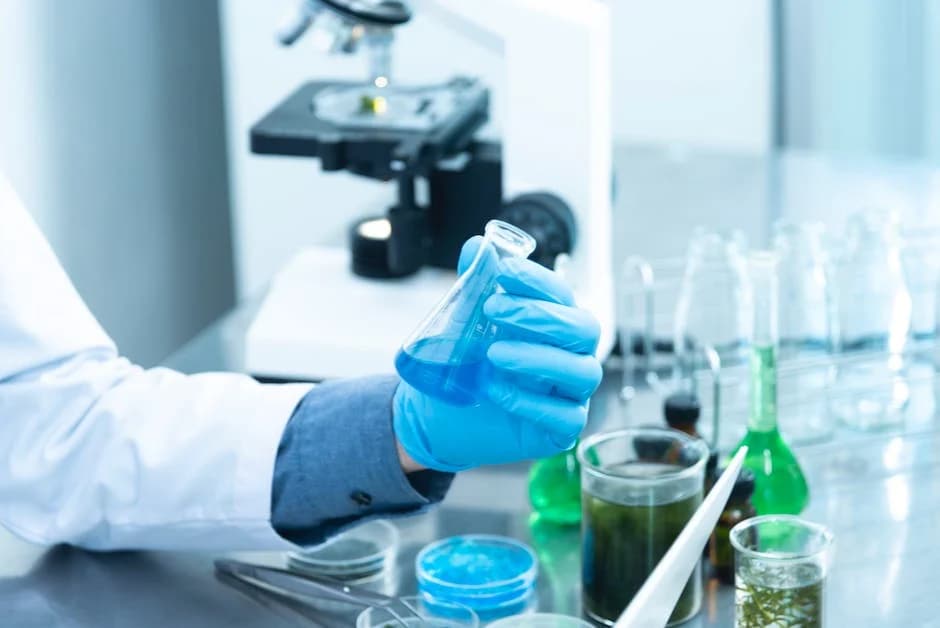Lab centrifuges play a crucial role in scientific research, as they are used to separate substances of different densities from each other, such as blood, DNA, and proteins. This separation is vital for various experiments and tests in biology, chemistry, and medicine.
Types of lab centrifuges
Different types of lab centrifuges are used in scientific research. These include:
- Micro Centrifuges: Used for small volumes of samples, typically in the range of 0.2 mL to 2.0 mL tubes.
- Benchtop Centrifuges: These are larger than microcentrifuges and can accommodate a broader range of tube sizes and capacities. They are commonly used for routine laboratory applications.
- Ultracentrifuges: These are high-speed centrifuges used for applications such as isolating molecules, fractionating subcellular particles, and studying macromolecules.
- Refrigerated Centrifuges: Equipped with cooling systems to maintain a low temperature during centrifugation, which is essential for preserving the integrity of sensitive samples.
Each type of centrifuge has its own advantages and is used in specific scientific research applications based on the requirements of the experiment.
How do lab centrifuges work?
Lab centrifuges work by spinning samples at high speeds to separate components with different densities. Here's how they work:
- The centrifuge spins the samples in a rotor, creating a centrifugal force that separates the components based on their density.
- Heavier components move towards the outside of the rotor, while lighter components stay closer to the center.
- This separation process allows researchers to isolate and study specific parts of the sample, such as cells, proteins, or DNA, enabling better scientific research.
Applications of lab centrifuges in different fields
Lab centrifuges are used in various scientific fields, such as biology, chemistry, and healthcare. They are used to separate substances, like blood samples, DNA, and proteins, based on density. Lab centrifuges are crucial for isolating cell components in biology, while in chemistry, they are used for purifying chemicals. In healthcare, lab centrifuges are employed for diagnostic tests and blood sample processing.
Factors to consider when choosing a lab centrifuge
When choosing a lab centrifuge, it's essential to consider the maximum speed and capacity, the type of rotors it can accommodate, the noise level, and the available safety features. It's also important to consider the ease of use, maintenance requirements, and the cost of the centrifuge. The maximum speed and capacity of the centrifuge will determine the range of applications it can be used for, while the type of rotors will affect the types of samples it can handle. Additionally, ensure that the noise level suits your lab environment and that the centrifuge has safety features to protect the user and the samples. Keep in mind that the ease of use and maintenance requirements can impact the overall efficiency and cost of ownership.
Advancements in lab centrifuge technology
Advancements in lab centrifuge technology have significantly improved the efficiency and accuracy of scientific research. Newer models offer enhanced speed control and programmable functionality for precise sample processing. These improvements allow researchers to achieve faster and more consistent results, ultimately advancing the pace of scientific discovery.
Maintenance and safety tips for lab centrifuges
When using lab centrifuges, it's important to maintain and handle them with care to ensure their efficiency and safety. Here are a few tips:
- Regularly clean the centrifuge to prevent buildup of dirt or debris, which can affect its performance.
- Inspect the rotor and lid for any signs of damage before each use to avoid potential accidents.
- Avoid overloading the centrifuge as it can lead to imbalance and damage the equipment.
- Always use appropriate tubes and containers to prevent leaks or spills during operation.
- Follow the manufacturer's guidelines for operating and maintaining the centrifuge to ensure safe and efficient usage.
Future of lab centrifuges in scientific research
Lab centrifuges are crucial for separating substances in scientific research. The future of lab centrifuges looks promising, with technological advancements leading to improved efficiency and accuracy. Scientists expect faster processing times, higher sample capacities, and more precise results with the latest centrifuge models. Additionally, developing miniaturized and portable centrifuges will offer greater flexibility for research in diverse settings. These innovations are set to revolutionize scientific research by enabling researchers to conduct experiments more effectively and efficiently than ever before.
Conclusion and summary
Lab centrifuges are a crucial tool in scientific research. They enable scientists to separate substances based on their density, accelerating various lab processes. In this blog article, we've discussed the different types of lab centrifuges, their applications, and the considerations to keep in mind when choosing a centrifuge for your lab. By understanding how lab centrifuges work and the benefits they offer, you can make informed decisions to improve the efficiency and accuracy of your research.




